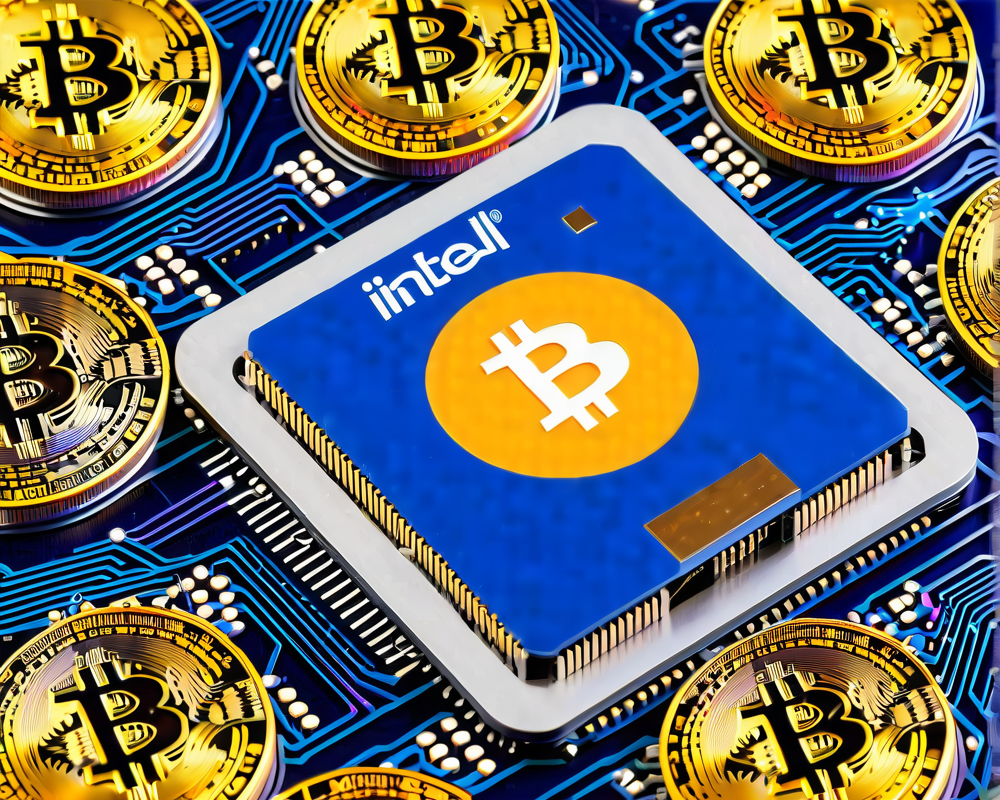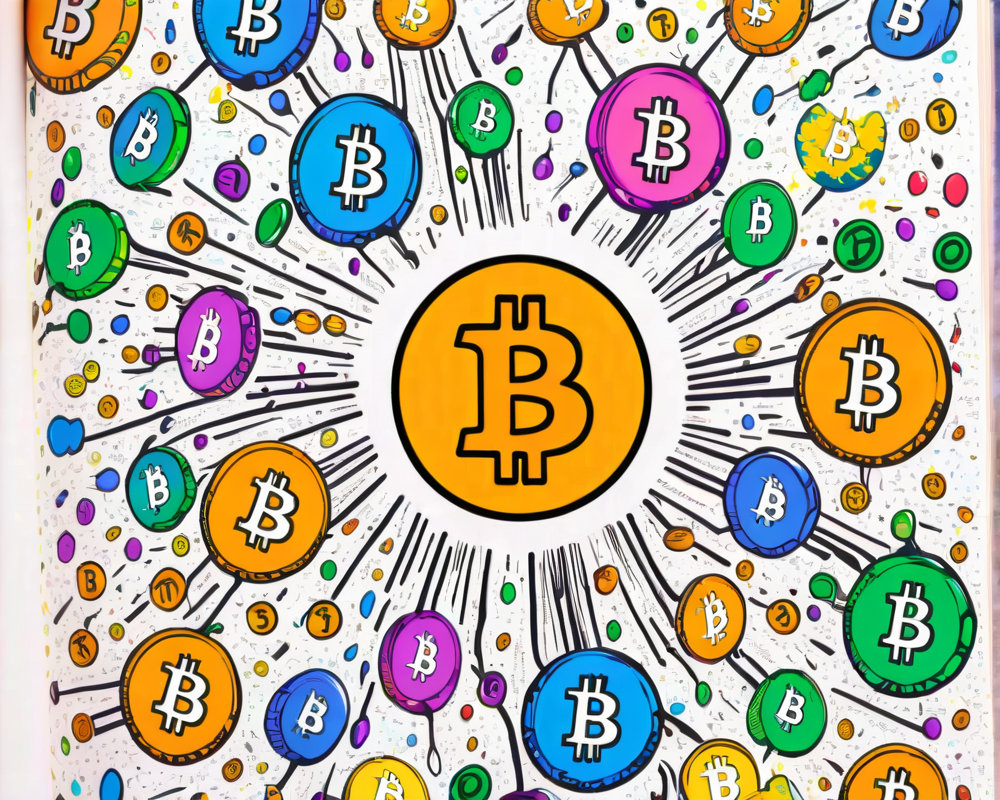Understanding the API Key Leak Fiasco
The crypto world can feel like a combination of a high-stakes poker game and a circus, especially when news breaks of leaked API keys. On December 28, Binance CEO Changpeng Zhao, affectionately known as CZ, alerted his fans on Twitter about potentially widespread API key leaks originating from 3Commas.
CZ’s Cautionary Tweet
In a tweet that spread faster than a cat video, CZ warned his 8 million followers to disable any API keys linked to the now infamous platform 3Commas. “If you have ever put an API key in 3Commas (from any exchange), please disable it immediately,” he urged, while signing off with a curious hashtag: #SAFU. Who doesn’t want to be safe in the tumultuous crypto jungle?
The Backstory
This isn’t just hot air; it comes on the heels of a December 9 incident where a Binance user claimed losses due to a leaked API key allegedly connected to 3Commas. In what sounds like a plot twist straight out of a scripting manual, this user accused the platform of enabling trades on low-cap coins, essentially profiting from the chaos—except Binance wasn’t willing to foot the bill for someone else’s misfortune.
Turning Down Reimbursements
CZ’s reasoning was both surprising and amusingly pragmatic: “If the company made up for such losses, we will just be paying for users to lose their API keys,” he stated dismissively. It’s like telling someone you won’t replace their broken smart speaker because they might just drop it again—harsh but perhaps true.
The 3Commas Response
In the wake of all this buzz, 3Commas CEO Yuriy Sorokin sprang into action, asserting on the company blog that the criticisms leveled against them were unfounded. He highlighted that while a hacker had indeed gotten their paws on some data, it wasn’t exclusively due to their platform’s shortcomings. The security alert first raised by FTX blamed hackers leveraging 3Commas accounts for unauthorized trades—but not before stirring up a media frenzy.
“The user claims were from outside of the 3Commas platform,” Sorokin clarified, as he dove into the digital weeds to debunk claims of inadequate security.
Phishing and Beyond
In a dramatic shifting of the blame game, Sorokin admitted in a subsequent blog that “phishing was at least in some part a contributory factor” when it came to user losses. Enthralling, isn’t it? Here’s a tip for crypto enthusiasts: always double-check your security practices, because hackers these days are hunting with laser-focused precision.
The Confirmation of the Leak
The plot thickened when Sorokin confirmed the leak on December 28, adding that no proof existed to suggest it was an inside job. Talk about keeping us on our toes! He promptly demanded that exchanges like Binance and Kucoin revoke all keys linked to the compromised data. I mean, if you’ve got the chance to play the blame game, why not throw in a grand gesture of caution?
Lessons Learned
This whole drama serves as a stark reminder that the crypto landscape is fraught with risks, even for the big players. So, if you’re trading in this space, keep your keys safe, consider enabling two-factor authentication, and maybe channel your inner detective when it comes to security.




